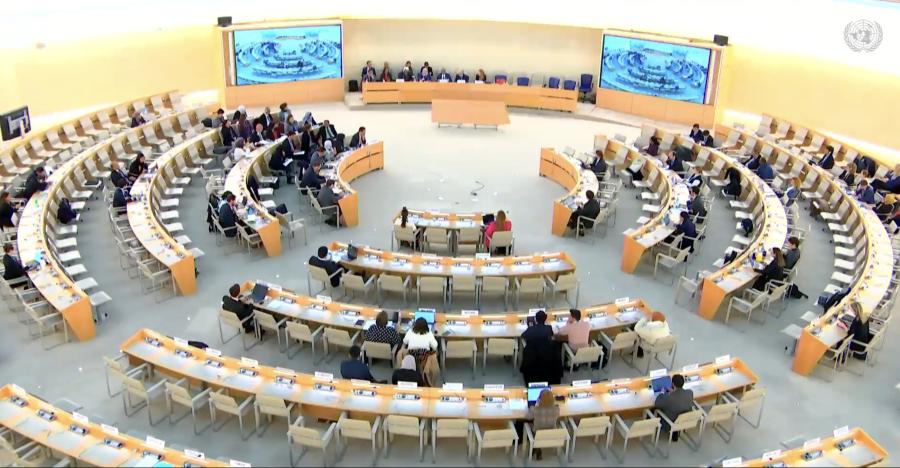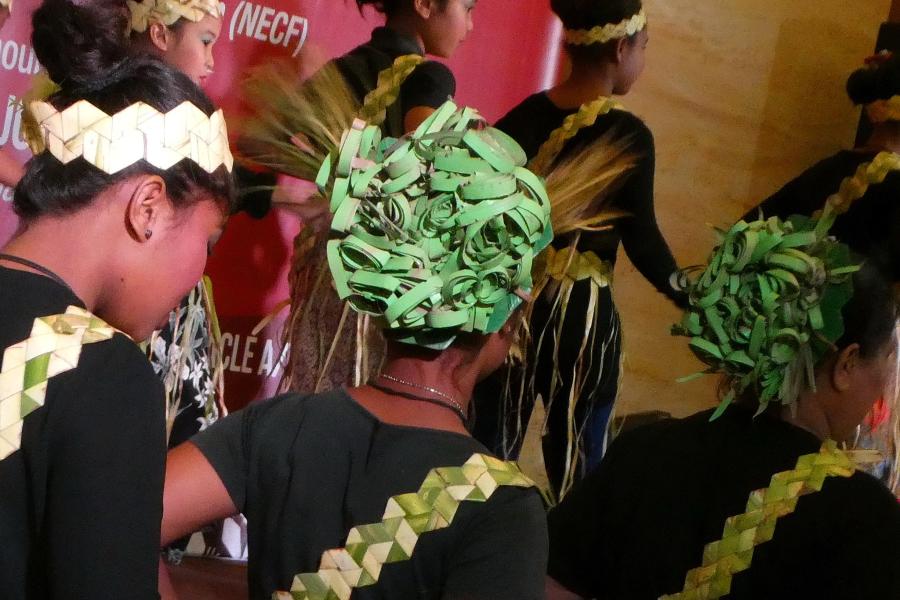Loggers Exploit Tribal Communities
Development fever has struck the timber-rich state of Sarawak, East Malaysia, a haven for loggers. In order to feed and sustain the timber industry, indiscriminate logging has deforested hundreds of hectares of virgin rainforest annually, not only drastically changing the physical landscape of Sarawak but cheating natives of tribal land and culturally changing their communities.
As much as 20 percent of state land in Sarawak is classified as Native Customary Rights Land, but only two percent of this land is surveyed and titled. Many of the indigenous tribes of Sarawak, including the Iban, Kayan, Kenyah, Kelabit, Punan and Murut, have been working on their land for generations and had automatically established Customary Rights Land but possessed no document or title that officially acknowledged them as lawful landowners. Thus, the Ministry of Forestry possesses few official records distinguishing Native Customary Rights Land from timberland. Nevertheless, it consistently fails to conduct thorough investigations to determine boundaries, and approves logging concessions even though Native Customary Rights Land exists in a certain area.
Timber Companies Cheat Natives Out of Their Land
The Sarawak State Land Code of 1957 states that before 1 January 1958, any native of Sarawak could clear any part of the primary forest to farm or log, and in the process automatically gain Native Customary Rights Land. After 1958, primary forest could only be cleared with a permit, but these permits are seldom granted to the natives.
To strip Sarawak's forests bare is to deprive the indigenous peoples of their needs. For example, timber is the basic construction material for their longhouses and boats; wild fruits and crops supplement their rice; cane and rattan are used to make baskets and mats for their own use and for sale; the bark of the Seluka tree is used as a form of mosquito repellent; and other herbs and plants are used for medicinal purposes.
Yet competition to obtain timber concessions is keen. It is not unusual for state authorities to lease or license native farmland with established Customary Rights to timber companies without the natives' knowledge. Only when timber companies move into their land to start logging activities do the natives find out that their land has been leased or licensed.
The unscrupulous loggers also exploit the tribal communities by taking advantage of their illiteracy and naivete as well as by intimidating them. When timber concessions are found to overlap Native Customary Rights Land, the companies draw up an agreement for the illiterate natives to sign, saying the choice was not theirs as the companies were already licensed to log in the area. In Baram District alone there are 26 timber licenses based at 44 logging camps, within an area of 8,521 square miles and a population density of 5.8 persons per square mile.
Exploitation of timber workers by their management is also widespread. Even though basic necessities like living quarters with electricity and water supplies are met, exploitation of the workers is not difficult, as most of them have little or no education and know nothing of their rights and the law.
It is not always easy to identify the real owner of these timber concessions. Normally, licenses are issued to individuals who then commission the licenses to major timber companies which in turn can lease (the licenses) to subcontractors. This makes the original licensee virtually "invisible" - the individual may never visit the logging camp but, without a doubt, profits enormously from it. Whoever they may be, it is common knowledge that politicians or those related by blood or money to them usually own timber licenses.
Kayan Arrested for Exercising His Rights
As these practices become more and more rampant, the conflict between the logging companies and the tribal communities only continues to increase. In 1977, Leang Wan, a member of the Kayan tribe, discovered that state authorities had licensed his land for logging, so he signed an agreement leasing his land for 10 years, for which he was compensated, with the Loong Seng Timber Sdn Bhd logging company.
In 1983, the logging company moved out and a new one. Sambas Timber Sdn Bhd, moved in and continued logging activities without Leang Wan's permission or compensation. The new company insisted they were the agents of the earlier company and therefore compensation was unnecessary. Leang Wan disagreed and considering non-compensation a breach of conduct, built a fence across the dirt track leading into his land.
The timber company lodged a police report against Leang Wan, and he was immediately arrested and detained in prison for unlawfully restricting a trespasser from encroaching on his own land. In reality, Leang Wan was arrested for exercising his Native Customary Rights. In an unprecedented move, he has now taken a lawyer to defend him and brought his case to court.
Leang Wan's predicament is but one of many involving the exploitation of the natives and their rights. Some of the native landowners are paid only meager amounts per acre of farmland which the timber companies, in their quest for more and more timber, leave damaged, sometimes permanently. In the words of one tribesman, "Timber companies are more interested in the timber and how much money they can make. They just consider us wild animals of the forest." To minimize exploitation of people and of land arising from indiscriminate licensing of timber concessions, the Forestry Department in Sarawak must first properly survey and define the boundaries of indigenous peoples' Native Customary Rights Land and ensure their protection.
INTERNATIONAL CONFERENCE ON DEVELOPMENT AND ENVIRONMENT CRISIS IN THE THIRD WORLD
Sahabat Alam Malaysia (SAM) and the Asia-Pacific Peoples Environment Network (APPEN) will hold a conference on development and environment crisis in the Third World, September 6-10, 1986, in Penang, Malaysia. Representatives from people's movements, non-governmental organizations, international networks, and the media working on problems related to development and environment issues, are invited to attend.
Topics to be discussed through presentations and workshops include:
* Problems in environmental and natural resources management
* Wildlife and national parks
* Fisheries and sea pollution
* Food, agriculture and dam projects
* Human settlements, urban growth and transportation
* Pesticides and toxic wastes
* Militarization and the environment
* Education, culture, lifestyles and tourism
* Media and the environment
Following the conference, SAM and APPEN hope to establish an active link between representatives and organizations within different countries and regions in the Third World as well as with NGOs in northern industrialized countries to develop joint programs and strategies.
Article copyright Cultural Survival, Inc.


